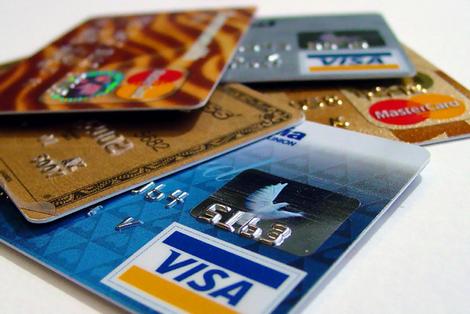 With even a single late payment significantly increasing your credit card bill, taking some steps to reclaim your credit card charges is a great idea. A recent guide in This Is Money covered the basics of reclaiming credit card charges and fees using a basic knowledge of the law and some friendly customer service outreach.
With even a single late payment significantly increasing your credit card bill, taking some steps to reclaim your credit card charges is a great idea. A recent guide in This Is Money covered the basics of reclaiming credit card charges and fees using a basic knowledge of the law and some friendly customer service outreach.
If you’ve been hit with hefty credit card charges before, these simple tips can make it far easier to reclaim them and reduce your monthly bill. Start by understanding the basics of the rules that credit card providers are required to follow. After a ruling by the Office of Fair Trading, banks can only charge a suitable amount to customers.
This means that fees for late payments can’t be arbitrarily decided by the bank; they need to actually reflect the costs incurred by your card issuer. Due to the 2006 rule, most banks lowered their average credit card charge from a staggering £35 down to just £12 per instance.
The key to reclaiming charges is spotting them early. Most banks include charges in the list of transactions on your monthly statement instead of listing them in another section. Check your statement in detail and follow up on charges that you think are not justified.
Reach out to your credit card company – not your bank – and ask for leniency on the charge. If you have a clean credit history and no past charges, most card companies will reverse the charge with few questions asked. Generally, credit card companies are more lenient when it comes to reversing charges and fees than banks.
While most charges can be reversed with a quick phone call, writing a letter to your credit card company is a good way to get large charges reversed. Remember that the competition between credit card companies is immense, and many companies will happily reverse a charge in order to retain your business.





